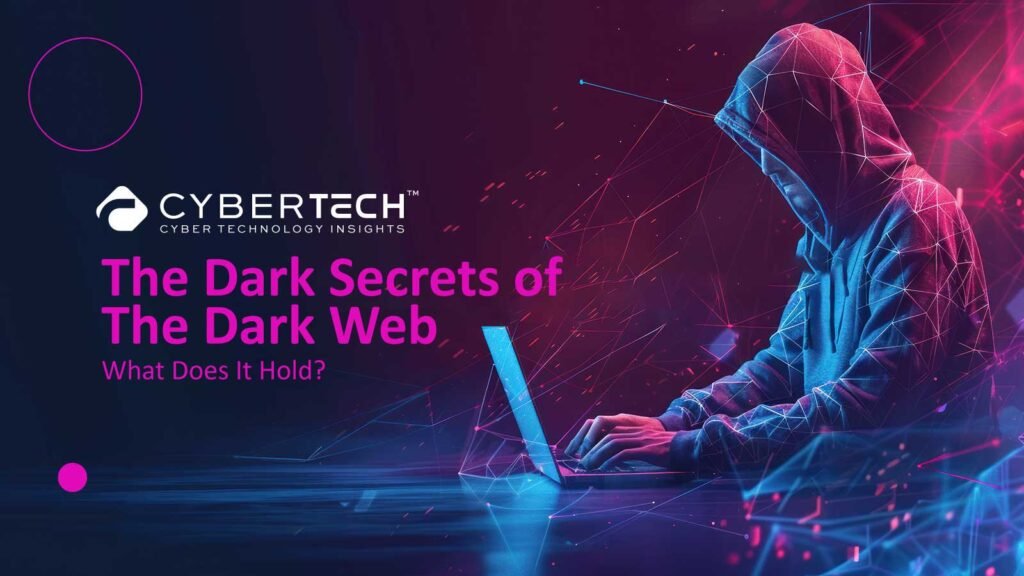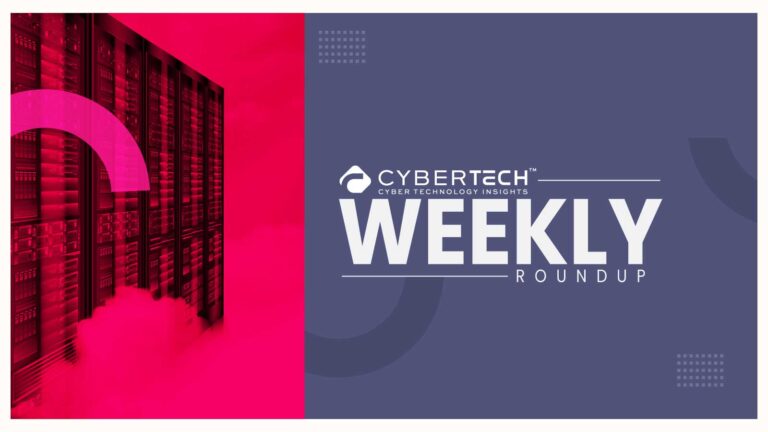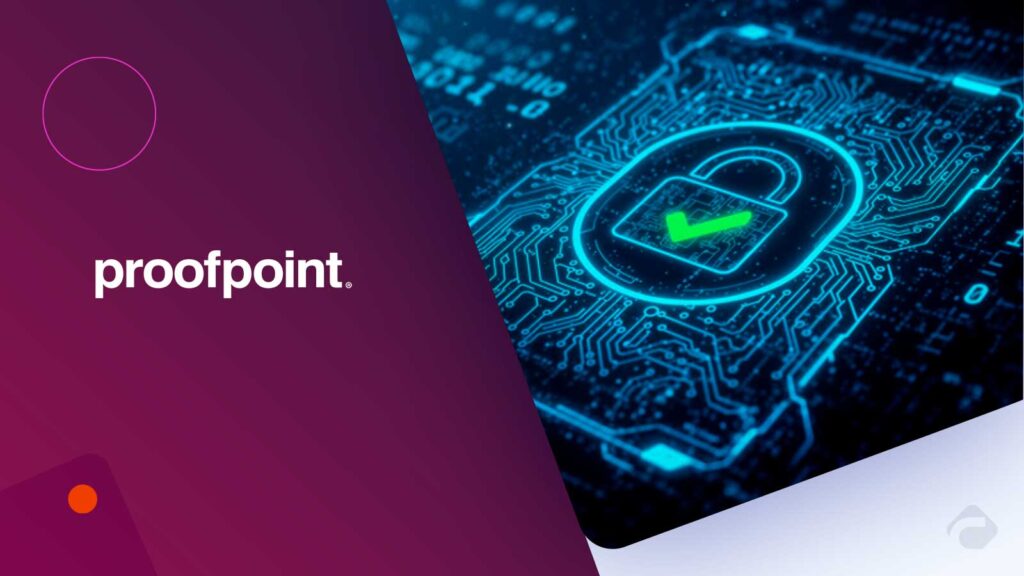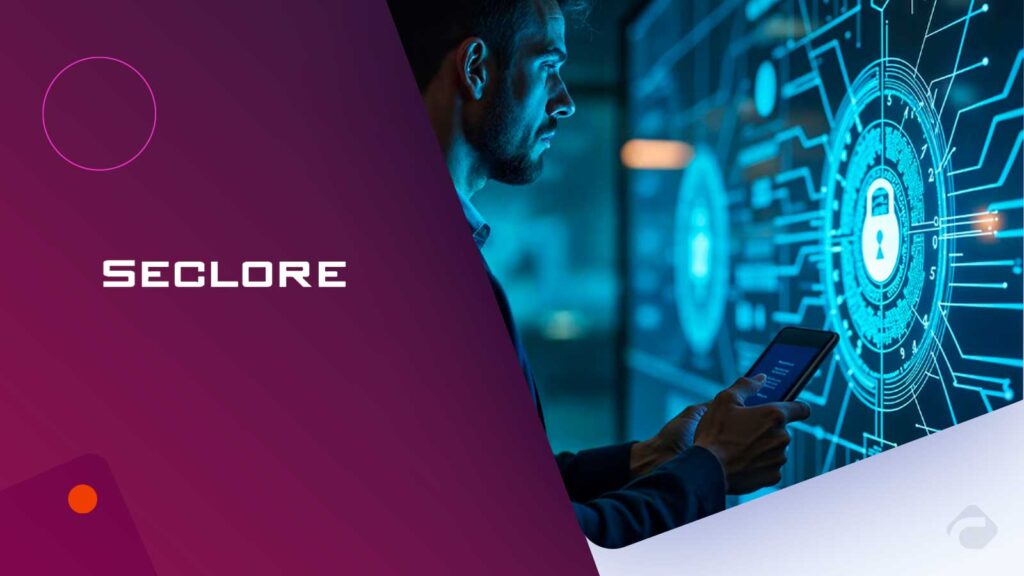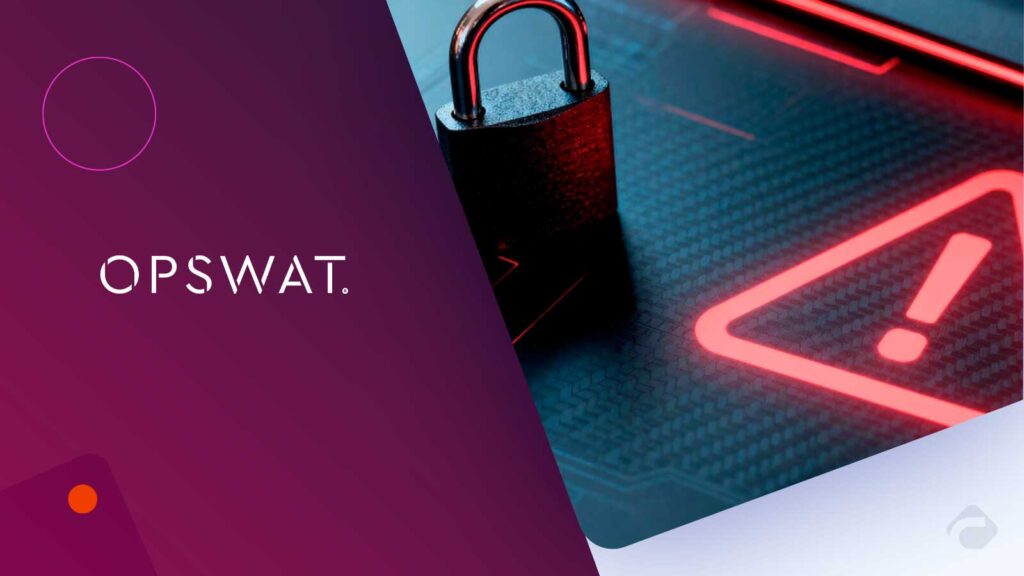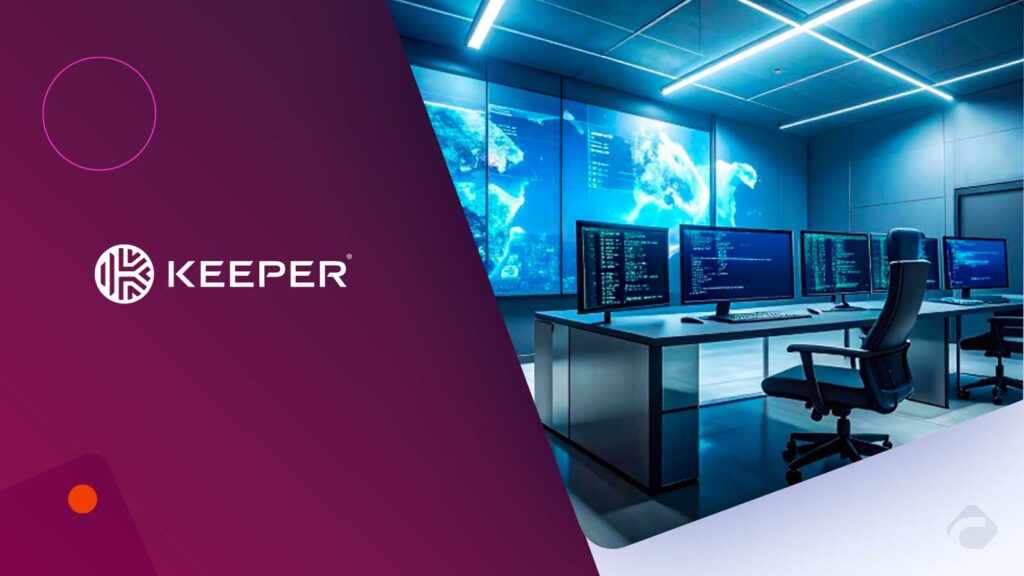The internet can be divided into two parts – one is visible and the other is not visible to all. In fact, according to an article by Medium, the web can be divided into as many as 8 realms where only the first two can be accessed using normal credentials, the rest comprise the deep and dark web.
Consider the web like the surface of an iceberg, only some part of it is visible while the rest of it is concealed. The highly concealed underwater is where lies the deep web and the dark web. The dark web is a playground for illicit activities conducted in utter anonymity. Access to the Dark Web is restricted to specific software configurations and encrypted networks – so you won’t accidentally stumble on it!
A Hub of anti-legal activities
This marketplace of illegal activities trades in stolen data and contraband goods and services. It is where cybercriminals, hackers, and malicious actors hang out to find “business opportunities” of sorts. The masqueraded characters make it hard for law enforcement agencies to catch and prosecute threat actors or track down nefarious activities.
Because this world exists alongside ours, it makes sense that cybersecurity awareness be raised. IT managers are tasked with the responsibility of safeguarding their organizations from the hidden underbelly of the internet – the dark web. They are positioned to understand the threats and implement robust cybersecurity measures to protect the company’s confidential data and infrastructure.
In this article, we delve into the realm of Dark Web cyber threats, exploring the significance of Dark Web monitoring, cybersecurity protocols, and proactive measures to protect against cybercrime.
Understanding the Dark Web
The dark web is a mysterious ecosystem that acts as the perfect breeding ground for nefarious activities. There are forums, marketplaces, and even search engines that serve the purpose of information gathering and exchange.
Illegal Marketplaces on the Dark Web
The range of products and services available on these marketplaces is vast and often shocking. You can find drugs and illicit substances like marijuana, cocaine, and synthetic opioids. You have fake luxury items, designer clothing, and high-end electronics. It even has a list of credit card information, personal data, and important credentials of so many people that you may come across your own information when inquired. Being hard to detect by the police, many terrorist dealings on weaponry and firearms can happen on the Darkweb marketplace. Supporting activities like forged passports and identification cards are all dealt with here. Besides, you’ll also find all sorts of banned video content being sold on marketplaces. Recently, an intelligence officer working with the British FBI was found guilty and sentenced to 18 years for viewing child porn with the account used by his own organization.
These marketplaces typically use cryptocurrencies like Bitcoin for transactions, ensuring anonymity for both buyers and sellers. To avoid detectionTo evade detection, these platforms frequently change their domain names and use encryption to hide their activities.
Yet, these dark areas have their own codes of conduct and a society where they organize charity fundraisers, celebrate holidays, discipline inappropriate behavior, and have their own “judicial system.”
Challenges in Combating Dark Web Marketplaces
Law enforcement agencies face significant challenges in combating these marketplaces. The anonymous nature of the Dark Web, the use of cryptocurrencies, and the constant evolution of these platforms make it difficult to track down and apprehend criminals. Additionally, international cooperation is essential to tackle this global issue.
Hacking Tools and Services on the Dark Web
This is a separate category that forms a dominant part of the dark web. The Dark Web has become a virtual arms dealer for cybercriminals, offering a vast array of tools and services to facilitate malicious activities. These resources range from basic hacking tools to complex, customized attack packages. Malware, ransomware, botnets — you name it, it’s here. There are organized agencies that sell out phishing kits and rent out hacking-as-a-service(HaaS) for newbies and interested parties. In a recent report released on digital threats for the first half of 2024, it was found that quite a lot of prevalent threats deployed during the period used malware-as-a-service (MaaS) tools. You’ll also find DDOs (Distributed Denial of Service) for hire who overload a server or a network resource with massive amounts of fake traffic and make it unavailable to legitimate users.
Why do they exist?
The availability of these tools and services significantly lowers the barrier of entry for cybercrime. It enables individuals with minimal technical expertise to carry out sophisticated attacks. This has led to a surge in cyberattacks, causing significant financial losses and reputational damage to businesses and individuals alike.
The dark web has a bright side too
The Dark Web has had some very bad press. It is often shrouded in mystery and fear and is frequently associated with illicit activities. It is held responsible for almost everything bad that happens from encouraging and conducting cyber fraud, selling drugs, human trafficking, hacking government sites, supporting terrorism, inciting civil war, and so on. However, it also has a strong side to it which serves legitimate purposes for individuals, organizations, and societies. Let’s know about them.
- Acts as a whistleblower platform
The Dark web functions as an apt platform for whistleblowers. These journalists, activists and concerned citizens use anonymity to expose corruption, human rights abuses, and other sensitive issues without fear of punishment. Platforms like WikiLeaks have shown the power of this approach, bringing to light information that would otherwise remain hidden.
In 2013, the Guardian revealed that the NSA had been monitoring phone calls of US citizens. Edward Snowden is the popular figure who blew whistles that helped unmask the NSA surveillance. The Dark Web has even seen the CIA launch a Tor-based site that receives leaks from its sources. So while the Dark Web is infamous for its dark side, there is also a bright side to it that the public can benefit from.
- A secure way to communicate and share information
In the age when surveillance is present almost everywhere and applications are noticing every move of yours, the dark web provides a secure platform for communication. Individuals, journalists, activists, and even businesses can use encrypted messaging tools and platforms to protect sensitive information. This particularly is popular in countries with restrictive internet policies or where government censorship is prevalent.
- Provides a secure platform for data sharing and project collaboration
Even the academic and scientific communities can benefit from the secure environment provided by the Dark Web to store and share sensitive data. The data can include medical records or experimental results. Research projects that require collaboration can take place without the fear of intellectual property theft. The Dark Web can facilitate open science and knowledge sharing while protecting sensitive information.
- Is a hub for online marketplaces
According to a report in July 2022, 90% of service advertisers on dark marketplaces market their service charge to be less than $10, with a $2 average price. The illegal marketplace on the dark web can also be used to host legitimate businesses that involve anonymity to protect confidential information. For example, companies dealing with sensitive products or services might use the Dark Web to establish secure channels for communication and transactions.
While all these are legitimate uses of the Dark Web, one needs to exercise caution and security best practices when accessing this part of the internet. Malicious actors are also present, and users should be aware of the risks involved.
Is it illegal to browse the dark web?
It is not illegal to browse the dark web. But, browsing the dark web is like casually walking through the underground where many of the activities being carried out are illegal. Being this close to criminally inclined activities is not a very bright idea. You may become a target of the criminals. Also, you can attract malware and ransomware into your system if it is not secure enough. If on the other hand, you are voluntarily looking to buy something, you need to be super careful as there is no way you can track a fraud or even report it.

